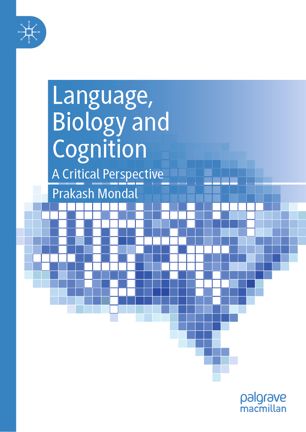

Most ebook files are in PDF format, so you can easily read them using various software such as Foxit Reader or directly on the Google Chrome browser.
Some ebook files are released by publishers in other formats such as .awz, .mobi, .epub, .fb2, etc. You may need to install specific software to read these formats on mobile/PC, such as Calibre.
Please read the tutorial at this link: https://ebookbell.com/faq
We offer FREE conversion to the popular formats you request; however, this may take some time. Therefore, right after payment, please email us, and we will try to provide the service as quickly as possible.
For some exceptional file formats or broken links (if any), please refrain from opening any disputes. Instead, email us first, and we will try to assist within a maximum of 6 hours.
EbookBell Team

4.7
46 reviewsThis book examines the relationship between human language and biology in order to determine whether the biological foundations of language can offer deep insights into the nature and form of language and linguistic cognition. Challenging the assumption in biolinguistics and neurolinguistics that natural language and linguistic cognition can be reconciled with neurobiology, the author argues that reducing representation to cognitive systems and cognitive systems to neural populations is reductive, leading to inferences about the cognitive basis of linguistic performance based on assuming (false) dependencies. Instead, he finds that biological implementations of cognitive rather than the biological structures themselves, are the driver behind linguistic structures. In particular, this book argues that the biological roots of language are useful only for an understanding of the emergence of linguistic capacity as a whole, but ultimately irrelevant to understanding the character of language. Offering an antidote to the current thinking embracing ‘biologism’ in linguistic sciences, it will be of interest to readers in linguistics, the cognitive and brain sciences, and the points at which these disciplines converge with the computer sciences.